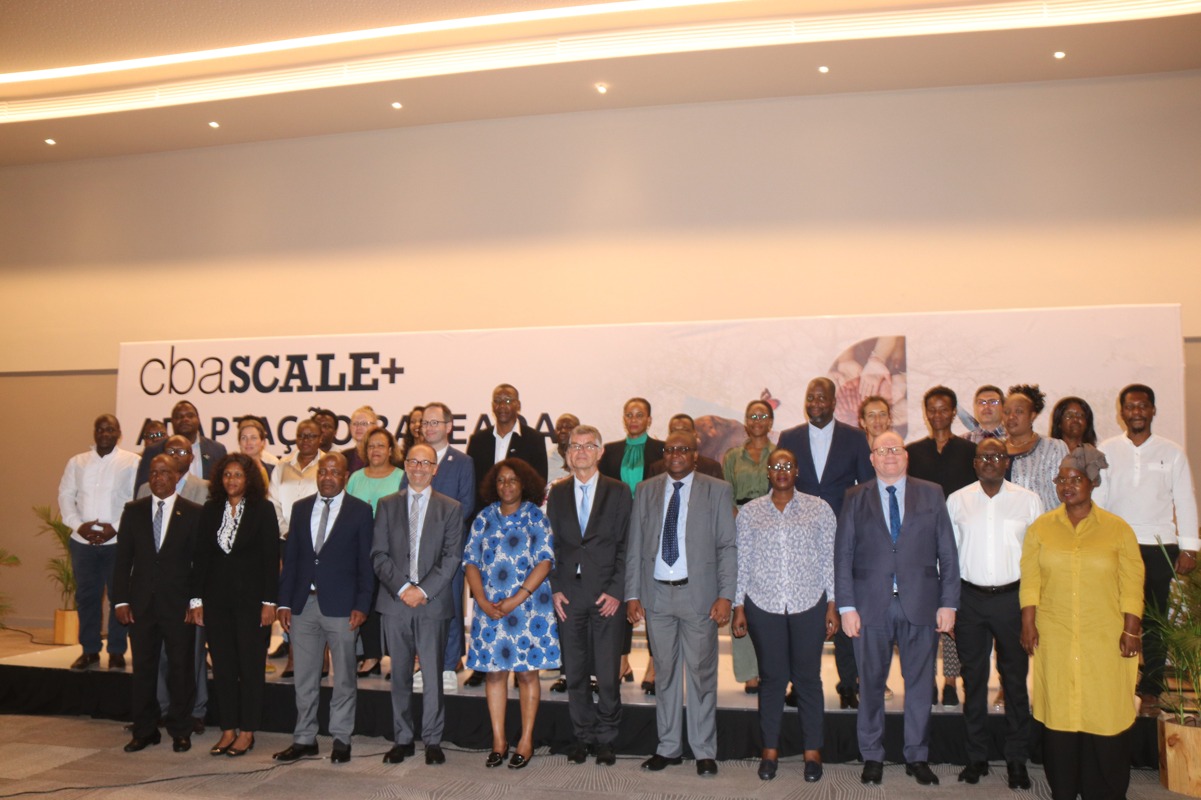Beyond the Catch: Women Driving Octopus Conservation in Namau Fishing Communities
In the Coastal village of Namau, in Metuge District, coral reefs and the fishing resources are essential for the community, providing substance, income, and cultural significance. However, destructive fishing practices to harvest octopus combined with other human and natural factors were threatening the health of these vital ecosystems on which people depend.
Recognizing the importance of adopting more sustainable practices to safeguard the health and resilience of marine ecosystem while supporting the well-being of coastal communities, a group of local women embraced a conservation of marine ecosystems initiative.
Connecting the dots between conservation and women’s empowerment, a group of 10 women from Namau village are implementing an integrated and sustainable approach to address the challenges posed by reef degradation in coastal ecosystem with support of the LEAP (Locally Empowered Area Protection) Project. Lead by a young fisherwoman Nathaia Omar, a group of women formed the “Namau’s Women Octopus Catching Group” that is doing conservation of the ecosystem in combination with livelihood development.
Before the project intervention, they used to use harmful practices to catch octopus and sold the products at low prices, with negative impacts on the environment and little profitable.
The women of Namau, implemented a community management in resource recovery areas, by carrying out a temporary ban on octopus fishing, and establishing a rotating octopus fishing area combined with sustainable fishing techniques instead of destructive gears or harmful practices. Through their collective efforts, the women of Namua witnessed significant improvements on catch larger octopus with greater economic value in the local and provincial market.
Today, in addition to the local market, the octopus processed in Namau is gaining market share in the city of Pemba, they earn more than before when they worked individually, and their activity is environmentally sustainable. The bottles used to preserve the octopus are caught locally.
“With the income we were able to enrol our children, buy school uniforms and others invested in increasing the size of our productive fields by paying village people to do so” - Nathaia Omar
By using a gender-responsive approach in marine ecosystem conservation facilitated Namua’s women empowerment and capacity building. They gained confidence on doing business, and trainings further equipped them with skills to selective octopus catching without damage to ecosystems, and improvement of octopus processing adding value to the product.
IUCN by recognizing that gender equality and women empowerment is fundamental to sustainable development, by an approach of engage Namua’s women in conservation initiatives allowed them to demonstrate their significant contribution to marine conservation, livelihood improvement and community resilience in coastal area.
In the Metuge district, LEAP is being implemented by the Aga Khan Foundation and is made possible through the funding of the Federal Ministry for the Environment, Nature Conservation and Nuclear Safety (BMU).

